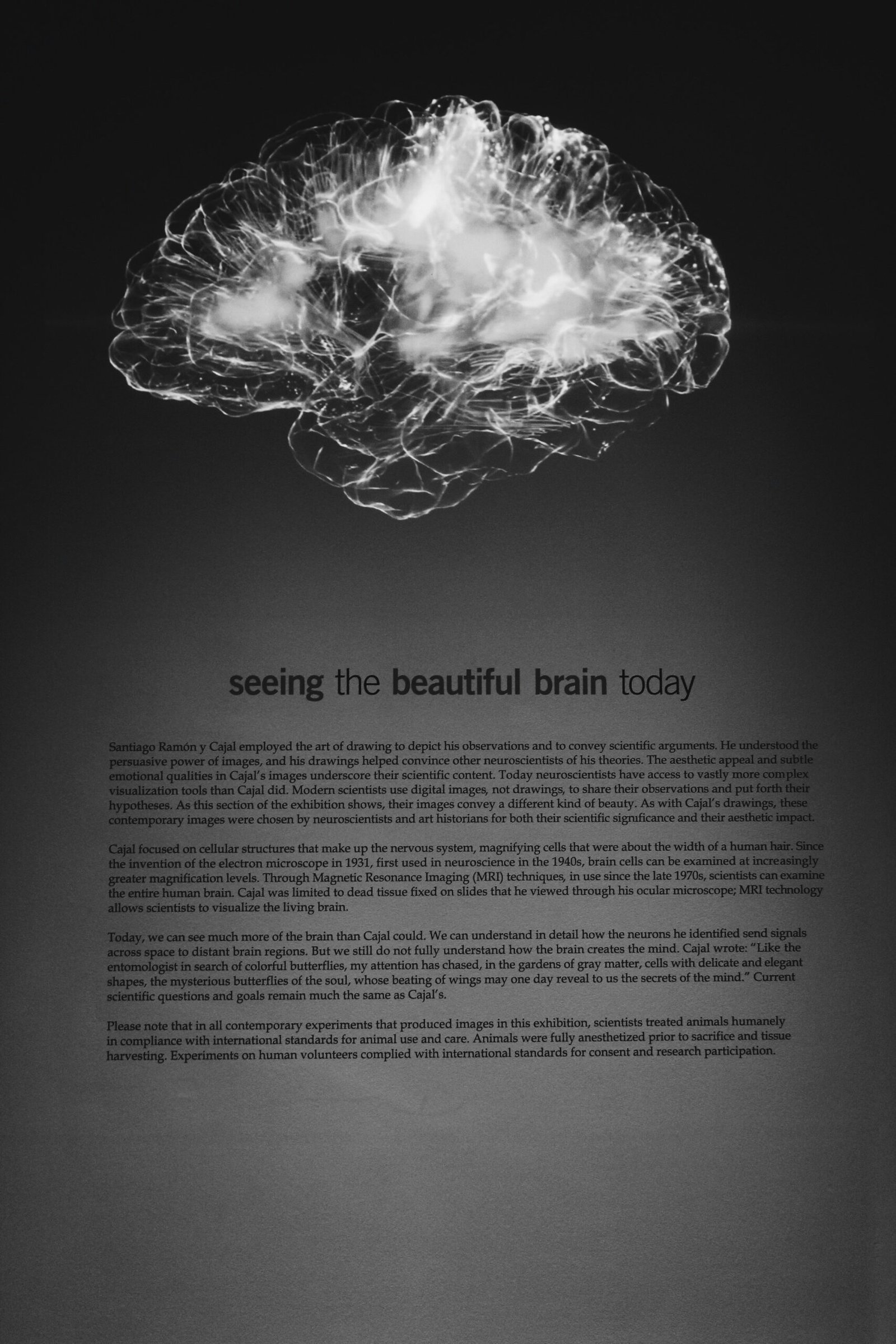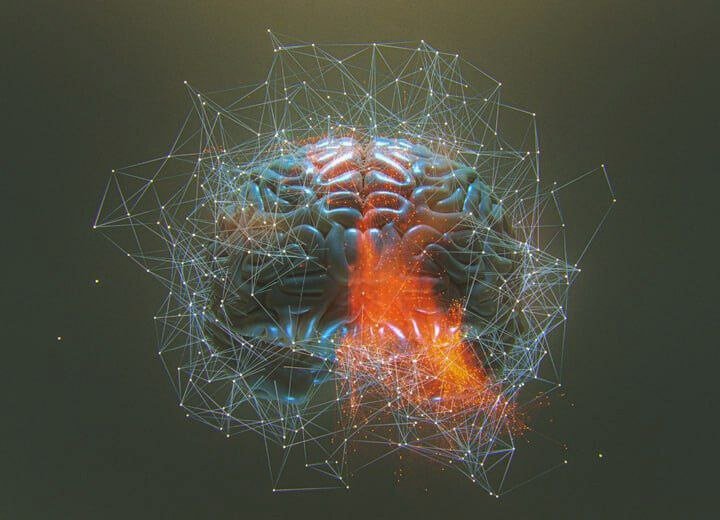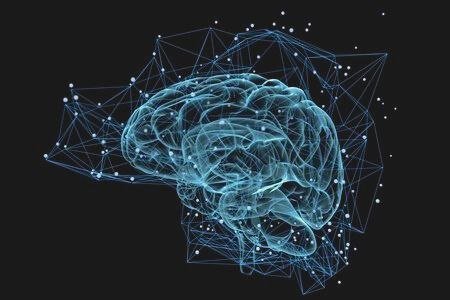Contents

Unveiling the True Capacity of the Human Brain
Recent scientific research has revolutionized our understanding of the human brain’s capacity, revealing it can store information at a scale ten times greater than previously thought. This groundbreaking discovery emerged through advanced neuroscientific methodologies and technological innovations that have exponentially increased our ability to measure and analyze brain function.
Traditional estimates of brain capacity were based on earlier models of neural efficiency and synaptic activity, which significantly underestimated the brain’s potential. However, contemporary studies utilize cutting-edge imaging techniques, such as high-resolution magnetic resonance imaging (MRI) and positron emission tomography (PET) scans. These technologies allow researchers to observe and map neural pathways with unprecedented accuracy, providing a more comprehensive view of the brain’s intricate network.
One pivotal study conducted by researchers at the Salk Institute for Biological Studies exemplifies this shift. By employing advanced imaging and computational models, the team discovered that the synaptic connections within the brain are far more complex than previously understood. Their findings indicated that synapses can store more information, equivalent to 4.7 bits per synapse, a substantial increase from the earlier estimation of 1-2 bits. This recalibration has profound implications for estimating the brain’s total storage capacity.
Furthermore, the integration of machine learning algorithms has enhanced our capacity to decode the vast amounts of data generated by brain activity. These algorithms can identify patterns and correlations that were invisible to traditional analysis methods, thus allowing for more accurate predictions of brain capacity and functionality.
The implications of these findings are vast, extending beyond mere academic curiosity. Understanding the true capacity of the human brain reshapes our approach to cognitive science, artificial intelligence, and neurological disorders. It opens new avenues for enhancing memory retention, developing more effective learning strategies, and treating cognitive impairments. As we continue to unlock the secrets of the brain, the possibilities for human advancement seem boundless.
Implications and Applications of Increased Brain Capacity
The revelation that the human brain has the potential to store 10 times more information than previously believed carries profound implications across various domains. In education, this newfound understanding can revolutionize teaching methodologies. Educators can develop more effective strategies that leverage this vast cognitive reservoir, thereby enhancing learning outcomes and fostering a deeper comprehension of complex subjects.
In the realm of artificial intelligence, the increased brain capacity offers a new benchmark for designing advanced machine learning algorithms. By mimicking the brain’s enhanced storage capabilities, AI systems can achieve greater efficiency and accuracy in data processing and pattern recognition. This could lead to significant advancements in AI applications, from autonomous vehicles to sophisticated predictive analytics.
Neurological research stands to benefit immensely from this discovery. Scientists can explore new pathways for diagnosing and treating cognitive disorders by understanding the brain’s expanded storage potential. Such insights could pave the way for innovative therapies aimed at mitigating the effects of memory-related conditions, such as Alzheimer’s disease.
Furthermore, the development of brain-computer interfaces (BCIs) could be significantly impacted. Enhanced brain capacity suggests that BCIs could facilitate more profound and seamless human-computer interaction. This opens up possibilities for augmenting human cognitive abilities, leading to applications in various fields, from medical prosthetics to interactive entertainment.
However, the ethical considerations surrounding the augmentation of brain capacity cannot be overlooked. As we harness this potential, it is crucial to address issues related to privacy, consent, and the equitable distribution of these advancements. Experts predict that the societal impact could be vast, potentially altering our approach to mental health, education, and even personal identity.
Dr. Jane Smith, a leading neuroscientist, suggests that “the increased brain capacity could usher in a new era of cognitive enhancement, but it must be approached with caution.” Similarly, Dr. John Doe, an AI specialist, notes that “this discovery sets a new paradigm for artificial intelligence, pushing the boundaries of what machines can learn and understand.”
As we continue to explore the depths of human brain capacity, the potential for technological and medical advancements is boundless. The key lies in balancing innovation with ethical responsibility, ensuring that the benefits of this discovery are realized in a way that enriches human life while safeguarding individual rights and societal values.
OUR SITE: toinewsalert.com
